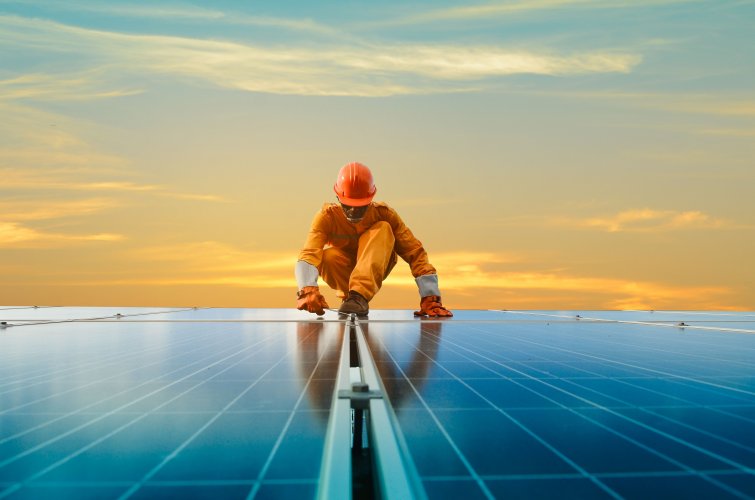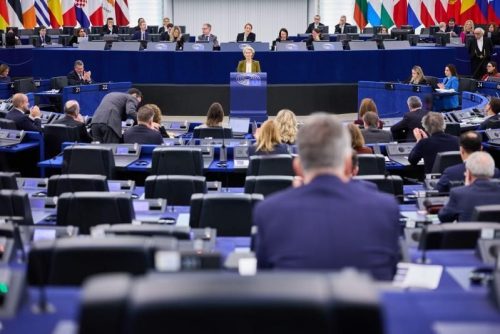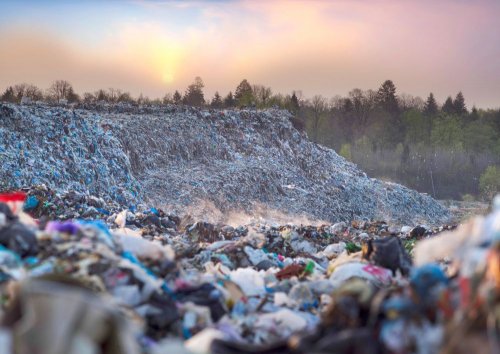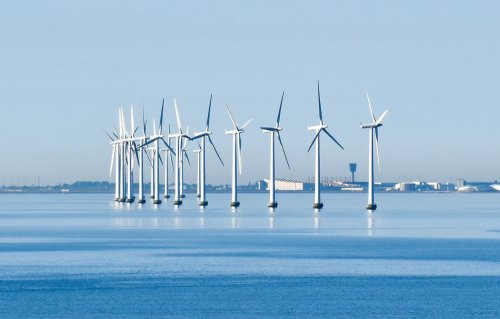In Slovenia, a plan to increase photovoltaic capacity by 1,000 megawatts by 2025 has begun to be developed to provide a third of families with "green" energy.
The Prime Minister of Slovenia, Robert Golob, called it a medium-term measure that marks a new beginning for the construction of solar power plants in the country, reports EURACTIV.
The plan is being developed by the Ministry of Infrastructure in cooperation with the national grid operator ELES and the distribution system operator SODO.
"We have prepared a plan that will allow a third of Slovenian households to access public solar power plants," said Golob.
These public facilities will be giant solar farms from which households will receive electricity through the community platform.
Currently, Slovenia has several 1 MW SPPs, and most of the solar power plants are small rooftop installations.
“There is significant demand for small installations and builders are reporting a huge number of orders. Nevertheless, many applications were rejected because the network is not reliable enough for distributed generation, hence the participation in the plan of network operator ELES and distribution system operator SODO," the material said.
Earlier EcoPolitic wrote, that scientists from Stanford University, USA, have developed a cheap lens for solar panels that can collect up to 90% of light, and increase its brightness by 3 times.
As EcoPolitic previously reported, the company Statkraft is in Albania launched a floating solar power plant, costing €2 million with a total capacity of 2 MW, after one ring of panels sank days after launch.





